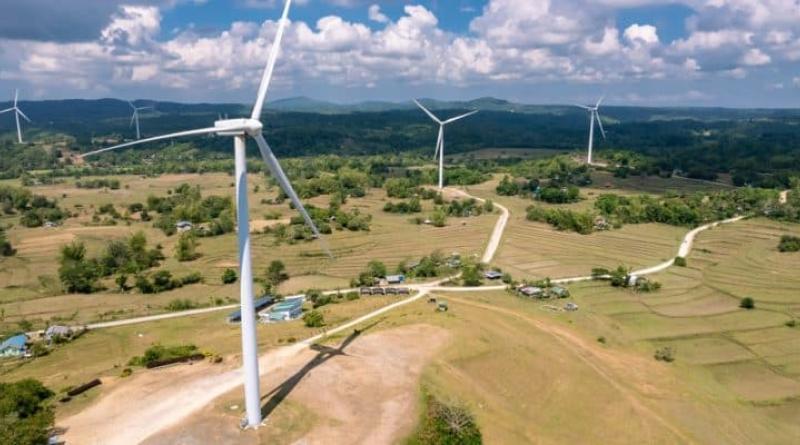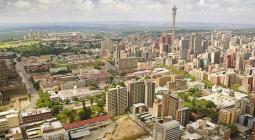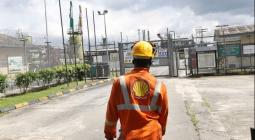SOUTH AFRICA: the World Bank lends $1 billion for the energy transition

While South Africa is mired in an energy crisis which has resulted in power cuts in recent months, the World Bank is releasing $1 billion. The loan granted with the support of Germany and Canada will support the transition to renewable energy.
Good news for South Africa. The energy policy implemented by the government receives the support of the World Bank which grants a loan of 1 billion dollars. The announcement comes at a time when the southern African country is facing power cuts that are affecting the dynamism of its economy. This crisis is partly due to the obsolescence of the power stations operated by the public company Eskom.
The World Bank funding “comes at a crucial time for South Africa, as it will provide much-needed fiscal and technical support, enabling us to pursue our policy priorities in the energy sector, including alleviating the energy crisis. electricity in the long term, by stimulating private sector engagement and creating jobs in the field of renewable energies", explains Mmakgoshi Lekhethe, the Director General in charge of Asset and Liability Management of the National Treasury from South Africa.
Reforms
The World Bank is granting this $1 billion loan to the South African government with the support of the African Development Bank (AfDB), the German Development Bank (KfW), and the Canadian government. The operation is accompanied by a request for reforms, in particular "the restructuring of the electricity sector through the separation of the electricity company Eskom" , indicates the World Bank.
The funding also aims to open up the South African electricity sector, redirecting its resources towards investments in transmission and maintenance of existing power stations. At the same time, it is a question of encouraging the transition to renewable energies, by giving an even more important role to the private sector. This is good because in recent years, South Africa has launched several initiatives aimed at attracting private investment in renewable energy.
A transition in progress
Moreover, most of the solar and wind farms built in a hurry in recent years in South Africa are under the Renewable Energy Independent Producer Supply Program (REIPPP). Thanks to investments by independent power producers (IPPs), the share of renewable energy in South Africa's electricity mix is gradually increasing. Currently, the country has an installed wind and solar capacity of 5,100 MW, out of an installed capacity of more than 58,000 MW, according to Power Africa.
But everything remains to be done in terms of energy transition in Nelson Mandela's country, which depends more than 80% on coal for the production of its electricity. As a result, South Africa is rightly considered the largest polluter on the African continent. The cost of its energy transition is estimated at $97 billion, which will need to be mobilized over the coming years.





